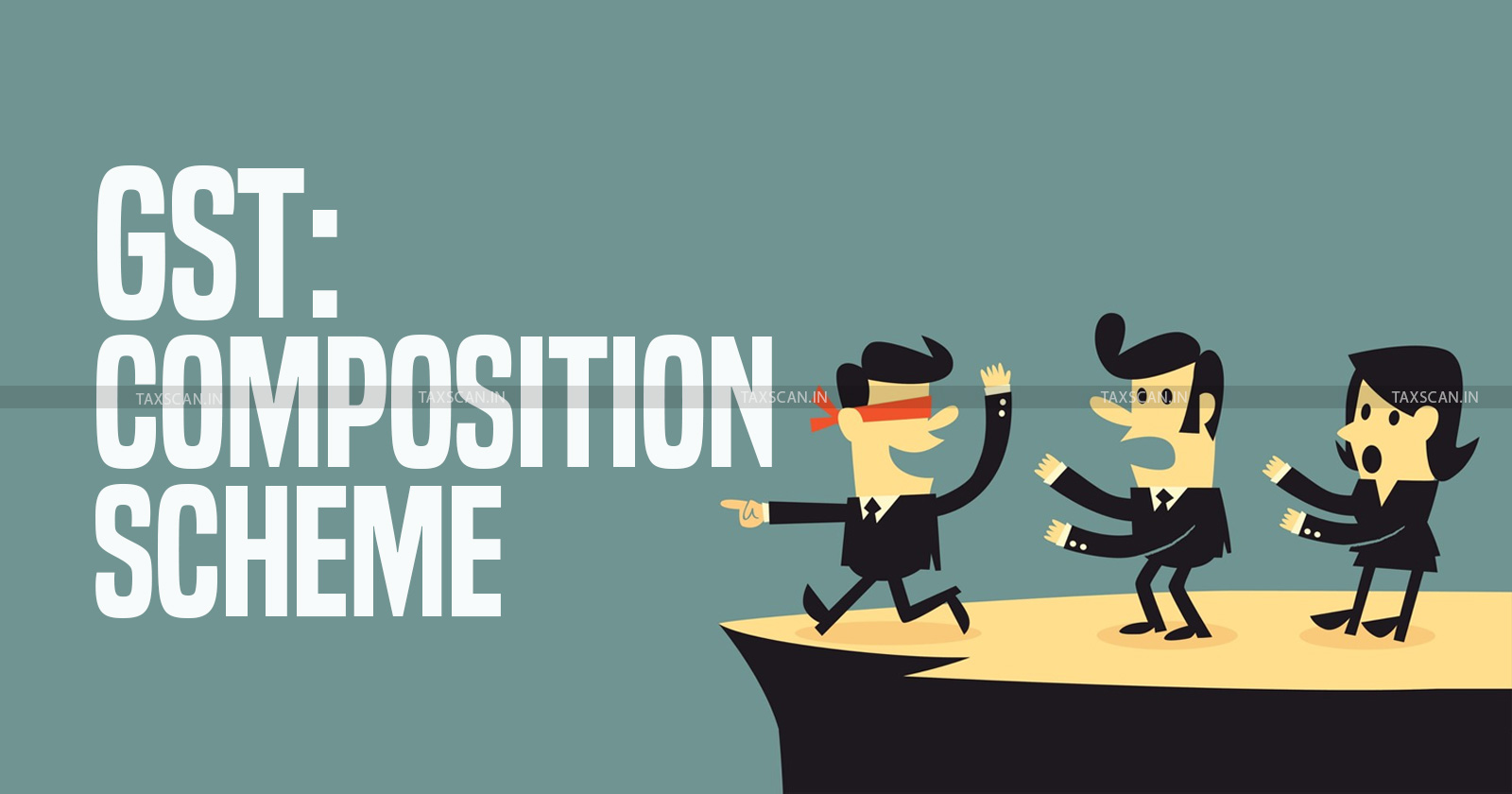GST Council Set to Reclassify Intermediaries as Exporters
GST Council likely to reclassify intermediary services as exports, removing 18% tax and easing cross-border business

The upcoming 56th meeting of the Goods and Services Tax (GST) Council is expected to consider reclassifying intermediary services, including brokers, agents, and digital platforms, as exports. If approved, this could allow such services to be treated as zero-rated under GST, easing the current 18% tax burden they face.
Right now, even if these services are provided to clients outside India, they are taxed because the law considers the place of supply as India. The new proposal suggests removing this rule from the Integrated GST Act. If approved, it will allow these services to be treated like exports, which are not taxed under GST.
This change will make it easier for Indian businesses to work with foreign clients, as they will no longer have to pay GST on such services. It will also let businesses claim refunds on the tax they pay on goods and services used to provide intermediary services.
The proposal is expected to help sectors like textiles, trading, and online services. It may also help settle many pending tax notices issued to such businesses, which are worth over Rs. 3,300 crore.
Analyzing the Law Behind the Tax - Click Here
According to the sources, along with this, Finance Minister Nirmala Sitharaman may ask states to follow the same GST registration rules as the Centre. This will help make the process smoother and faster for businesses. The Central Board ofIndirect Taxes and Customs (CBIC) has already given instructions to reduce delays and avoid unnecessary questions during GST registration.
Officials say early progress is being seen at the central level, and they hope the changes will be implemented across the country soon. If the Council approves the change, the proposal will go to Parliament for an amendment to the IGST Act. Once passed, intermediary services provided to foreign clients will officially be treated as exports, giving relief to thousands of businesses across India.
It is worth noting that this meeting has occurred after a gap of over five months, despite the GST rules stipulating that the Council must meet at least once every three months. The delay has raised questions about how quickly tax reforms and policy updates are being handled. Many businesses and experts believe more frequent meetings are needed to address pressing issues in a timely manner.\
Support our journalism by subscribing to Taxscan premium. Follow us on Telegram for quick updates




